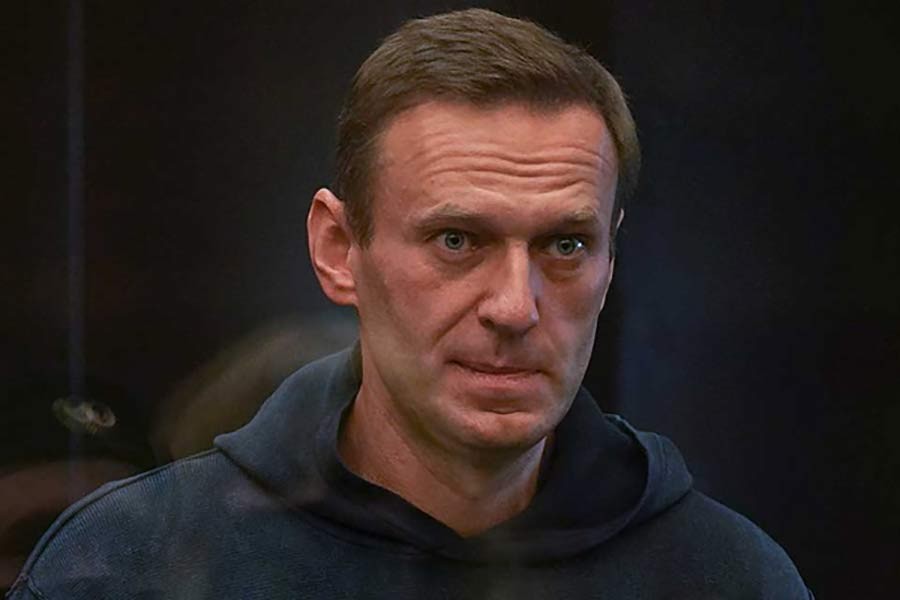A Russian court convened on Tuesday to consider jailing Kremlin critic Alexei Navalny for up to three and a half years in a case that has sparked nationwide protests and talk of new Western sanctions.
Navalny, one of President Vladimir Putin’s most prominent critics, was arrested at the Russian border on Jan. 17 after returning from Germany where he had been recovering from a nerve agent poisoning in Russia, reports Reuters.
Navalny accuses Putin of ordering his murder, something the Kremlin denies. It in turn has suggested that Navalny is an asset of America’s Central Intelligence Agency, a charge he rejects.
Navalny watched the hearing in Moscow get underway from inside a glass cage in the courtroom. Before proceedings began, he praised Yulia, his wife, who was present after being fined the previous day for taking part in a protest to demand his release.
“They said that you had seriously violated public order and were a bad girl. I’m proud of you,” Navalny said, via a microphone.
Outside, Reuters reporters saw riot police detain around 60 of his supporters who had gathered to offer their support.
Moscow’s state prison authority accuses Navalny of parole violations and wants the court to convert a suspended sentence he had been serving in an embezzlement case he calls trumped up into a real jail term of up to three and a half years.
Navalny says he was unable to report into the prison service at the end of last year because he was recovering in Germany from being poisoned.
State prosecutors said on Monday that they would ask the court to grant the prison authority’s request.
Navalny is already serving out a 30 day detention sentence in connection with the same case.
Alexei Chesnakov, a political consultant close to the Kremlin, said on the Telegram messenger service:
“The question is not whether they will give him (a jail term) or not. They will. They will today. The question is how long for. And when they’ll add more.”
Navalny’s supporters have staged two straight weekends of nationwide protests demanding he be freed, despite a massive show of police force, the threat of arrest, bitter cold and the pandemic.


